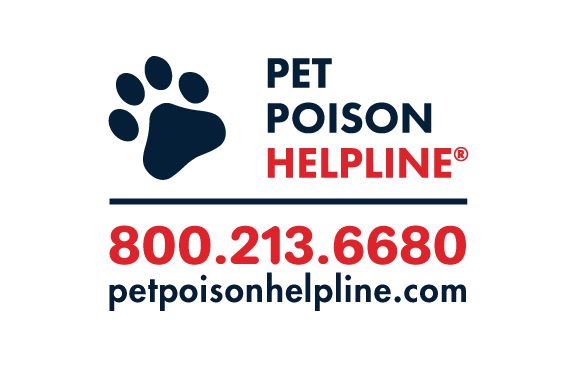
Toxicology insight for bunny owners this spring

In light of Easter approaching, this Pet Poison Helpline Toxin Tails installment features a rabbit and highlights a warning for all pet parents.
When a pet parent from Wilsonville, Oregon—Kristi Johnson—discovered her cat Luna gave her bunny, Albus, fleas, she went on a mission to treat him. She received the first product for Albus from the veterinarian, but it did not completely eradicate the fleas, so she bought an alternate over-the-counter brand from the store. However, after using this product, it was evident that something was off with her rabbit.
"[Albus] wasn't eating, and he started shaking. We called the toxicology experts at Pet Poison Helpline, and they advised us to immediately rinse and wipe him off and seek further treatment,” Johnson recounted, in an organizational release.1
Albus was taken to the Emergency Veterinary Clinic of Tualatin and given several baths, intravenous fluids for hydration, and seizure medication. He was hospitalized for 48 hours for treatment and observation before making a full recovery and returning home.
"People often get new bunnies for their families at Easter, so we thought it would be a perfect time to remind pet lovers about the dangers of using dog and cat medications on their rabbit," said Renee Schmid, DVM, DABVT, DABT, a senior veterinary toxicologist at Pet Poison Helpline, in the release.1
Schmid explained that rabbit owners often make the mistake of using dog or cat topical medication on their pets. This poses a threat because a chemical extremely toxic to rabbits—fipronil—is frequently used in commercial flea and tick topical spray as well as “spot-on” solutions, according to the release.1 Exposure to this chemical can cause central nervous system symptoms such as seizures, difficulty walking, loss of appetite, and in some cases, even death.
"Albus' tale is a perfect reminder to check with your veterinarian or Pet Poison Helpline before giving your rabbit medications designed for other pets," Schmid noted, in the release.1
"It's always a good idea not to share medication with multiple pets in your household. Even if they are the same species, they can have different reactions to specific medications based on varying underlying conditions or require different dosages,” she concluded.
Reference
If your Easter bunny catches fleas, don't do this! News release. Pet Poison Helpline. April 6, 2022. Accessed April 6, 2022. https://www.prnewswire.com/news-releases/if-your-easter-bunny-catches-fleas-dont-do-this-301518291.html
Newsletter
From exam room tips to practice management insights, get trusted veterinary news delivered straight to your inbox—subscribe to dvm360.




